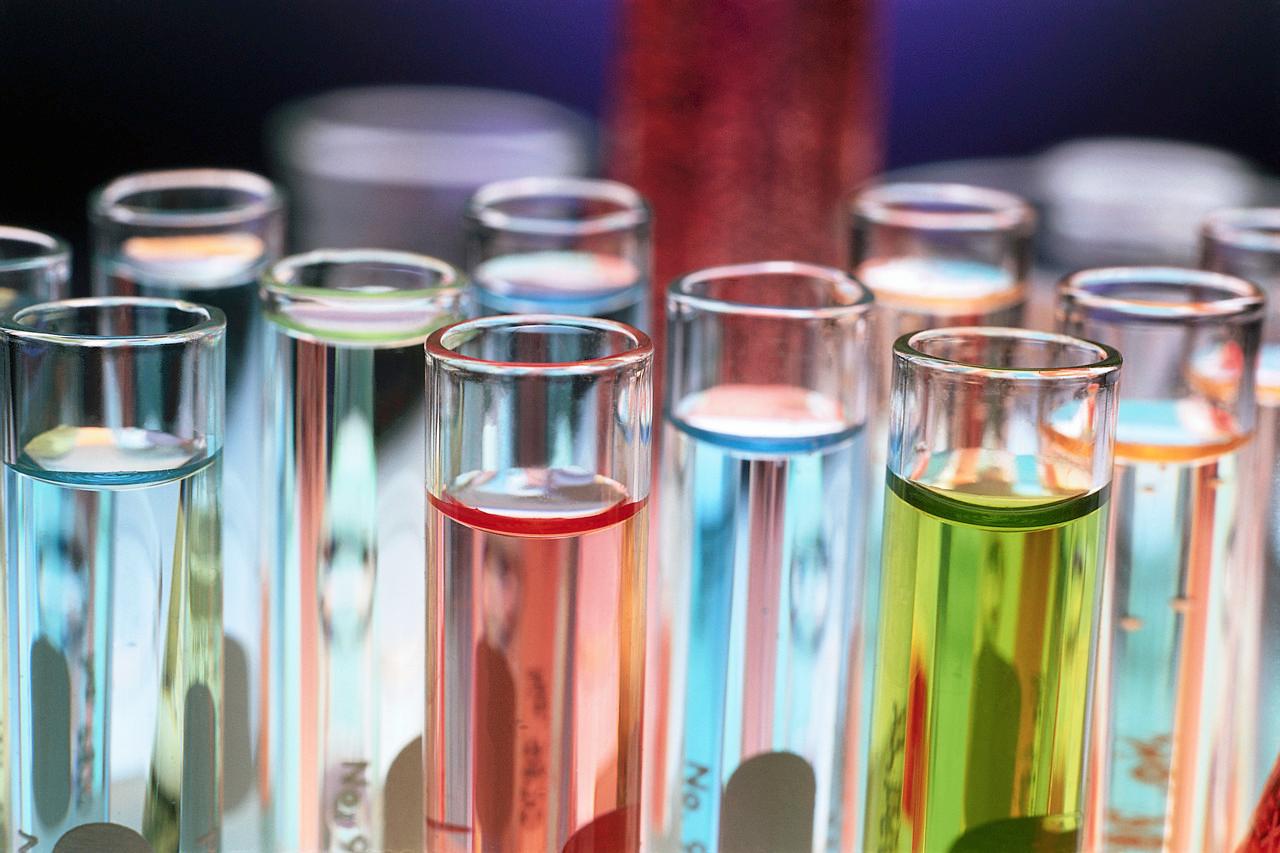Every World Cup player to be tested for drugs
FIFA has announced that every single football player in the 2014 World Cup will be tested for drugs. Each player will also be expected to carry a “biological passport” that provides evidence that they have been tested and are clean of performance enhancing drugs.
The passport system is already used in cycling and athletics, and athletes are expected to keep their passports for their entire career. The passports record all random blood and urine tests carried out at international tournaments and within team training camps.
Many footballers and football teams have already started the trials. Brazilian star Neymar, Italian captain Gianluigi Buffon and Spain’s Andres Iniesta were all tested for banned substances during the 2013 Confederations Cup.
Club football teams also participated in the new drug testing during 2013 and 2014; Chelsea, Barcelona, Santos and Monterrey players were all tested during interclub tournaments.
World Cup tests
FIFA has informed players that they may be tested at any time during the World Cup. FIFA’s chief medical officer, Jiri Dvorak, explained: “We can test anybody, anytime, anywhere, any amount of times”.
FIFA have reported that so far no player has been tested positive for a banned substance.
Already most World Cup players have given two test samples to FIFA and some have given four samples.
Team managers have welcomed the new investigators. Dvorak said: “They understand what we are doing and they consider that kind of examination as part of their professional life”.
EPO doping
FIFA is testing for a range of substances but with an emphasis on drugs that are designed to increase endurance. In football many games are won or lost in the final minutes when a team becomes fatigued. Tiredness reduces response time and leads to poor team cooperation.
The tests are designed to detect abnormalities in haemoglobin and red cell levels that are usually seen in athletes who are taking EPO and other banned substances.
FIFA is also testing players for anabolic steroids by checking hormone levels. Anabolic steroids are used to improve training, weight training especially.
In recent years professional football players have started to utilise strength-training practices previously only seen in track and field athletes to help enhance their performance. Anabolic steroids allow players to work harder ion the gym and hormones help muscles develop at a faster rate.
These give players an unfair advantage and are therefore banned. Steroids have been a problem in athletics, cycling and bodybuilding for many years.
However, drug testing in Brazil is causing some logistics issues. There is not a standard international laboratory in Brazil because the World Anti-Doping Agency withdrew its accreditation for Rio’s only drug testing facility in 2013.
FIFA has to send all samples to Switzerland for testing. This is not only adding a huge cost to the scheme but also delays test results, although FIFA are hopeful that all samples will be at the Swiss testing centre within 48 hours.
FIFA are prioritizing some matches for more aggressive testing, stating that: “Some of the matches are critical, the critical matches we will look at very carefully”.

